Tariffs imposed by the United States with the intention of rebuilding its domestic industries and raising government revenue, as well as leveraging them as bargaining chips, are likely to be counterproductive for the U.S. economy, said experts and business executives.
The future of global trade and investment lies in fostering an open, collaborative and inclusive ecosystem, rather than crawling back to the greenhouse of tariff-based protectionism, they said, emphasizing that embracing multilateralism and globalization is the only path forward to long-term prosperity.
U.S. President Donald Trump recently announced a 25 percent import tax on all steel and aluminum consignments entering the country, ending previous exemptions for allies including Canada and the European Union. Prior to that, he announced 25 percent additional tariffs on Canadian and Mexican imports, which have been paused until March 1, as well as an additional 10 percent tariff on Chinese goods.
Tariffs are an important part of Trump's economic vision, as he sees them as a way of bolstering the U.S. economy, protecting jobs and raising tax revenue.
"However, these new measures — like the tariffs introduced by the first Trump administration — are neither well-founded nor do they do any good for the U.S.," said Yao Yang, director of the China Center for Economic Research at Peking University.
According to an analysis conducted by JP Morgan Wealth Management earlier this month, such tariffs create significant uncertainty in U.S. economic and market outlook, and could lower expectations for U.S. economic growth by 0.5 to 1 percent and increase the inflation outlook by the same amount.
Cui Fan, a professor of international trade at the University of International Business and Economics in Beijing, said the high and broad-based tariffs, in particular, are not quite the formula for fixing the U.S. trade deficit or restoring manufacturing employment.
"Many products exported by the U.S. are made using imported raw materials. Tariffs would make the imports more expensive, which in turn would push up the prices of U.S. exports, weakening the competitiveness of U.S. products in global markets," Cui said.
Trade partners are very likely to retaliate to Trump's tariffs with tariffs of their own, making U.S. exports even more expensive, which is a primary cause of U.S. trade deficits and manufacturing job losses, Cui added.
Steven B. Kamin, a senior fellow at the American Enterprise Institute, a private nonprofit based in Washington, DC, wrote in a note on its website this week that "this gloomy scenario is not a mere theoretical possibility. During Trump's first administration, his salvos of tariffs against China, Canada, the EU and others led to an unprecedented rise in uncertainty about future trade policy".
While the specter of protectionism continues to loom large across global trade, experts warned that the implementation of such measures could erode the fundamental principles that have underpinned decades of global economic growth and poverty reduction.
As the world continues to emerge from unprecedented economic and supply chain challenges in recent years, working together for multilateral trade and inclusive globalization is vital to catalyzing progress, said Poh-Yian Koh, senior vice-president of FedEx and president of FedEx China.
Participating in a globalized economic landscape allows companies to access new markets, diversify their customer base and enhance their growth potential, she said.
Wang Xiaosong, a professor at the School of Economics at Renmin University of China, said that many nations are actively seeking new avenues for cooperation, turning to regional trade deals as a means to expand their economic circles and advance trade liberalization.
The rapid growth in intra-regional trade volumes under the Regional Comprehensive Economic Partnership, the United Kingdom's accession to the Comprehensive and Progressive Agreement for Trans-Pacific Partnership and the push for deeper tariff cuts within the African Continental Free Trade Area all show how countries are reinforcing the multilateral trading system, Wang added.













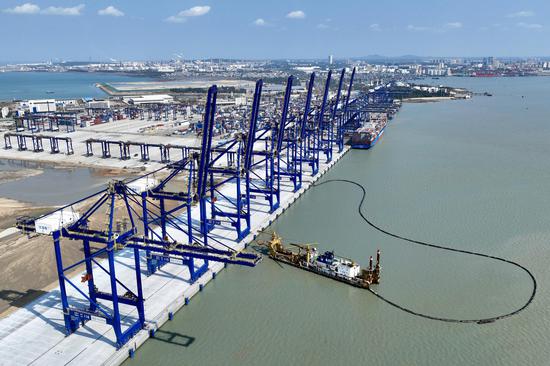


















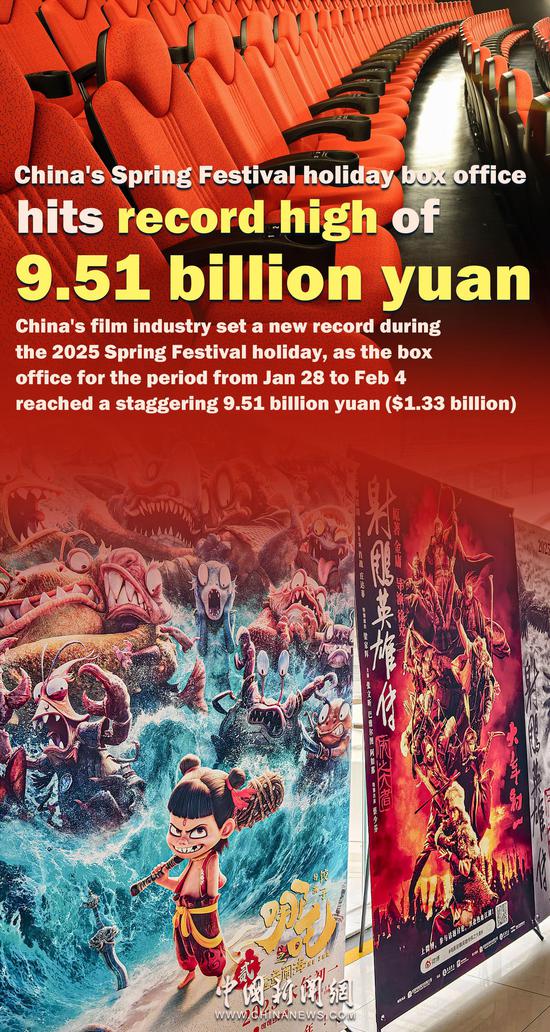
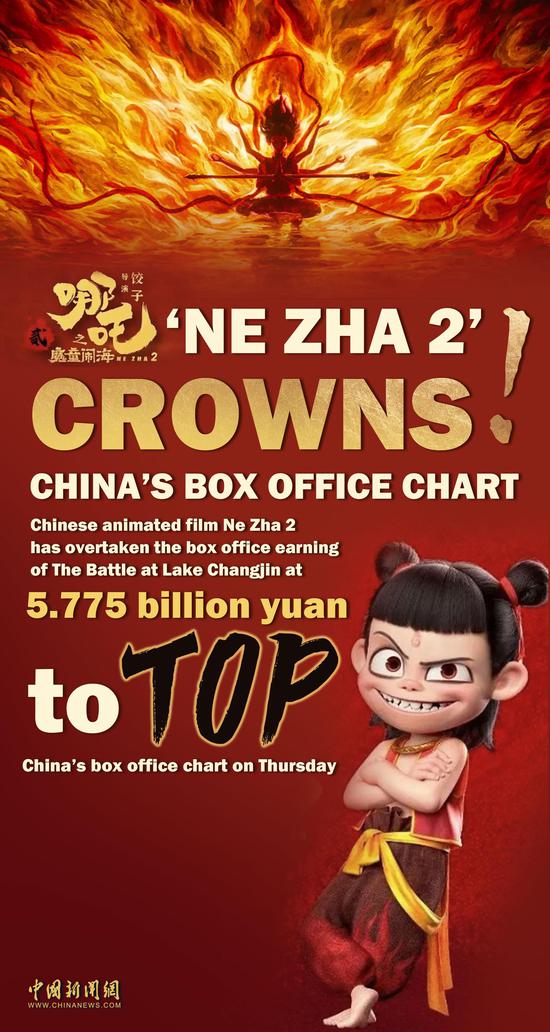



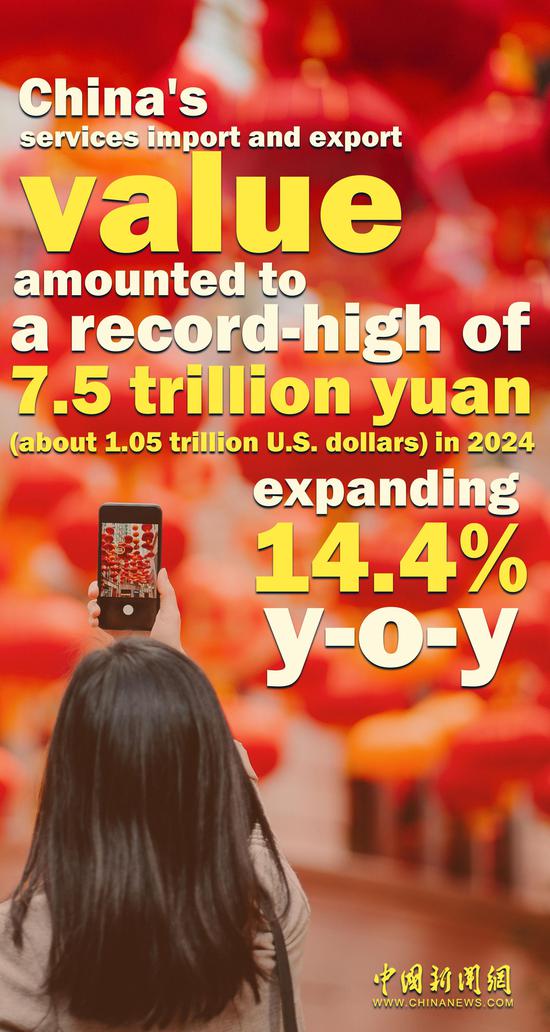
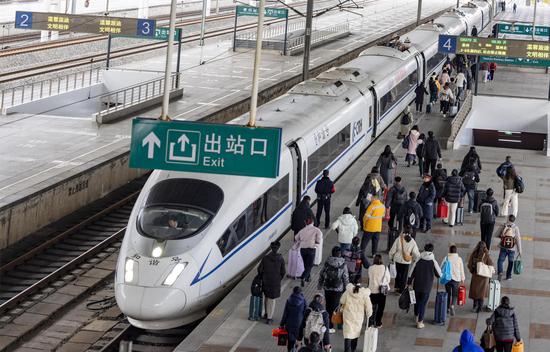
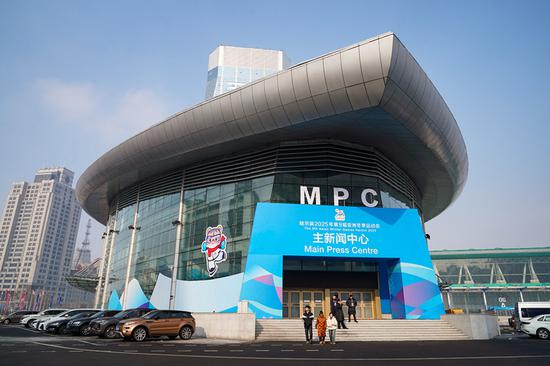


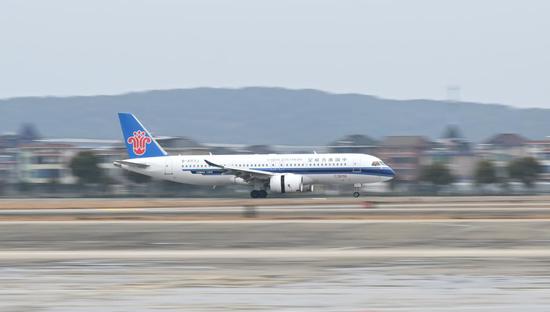







 京公網安備 11010202009201號
京公網安備 11010202009201號